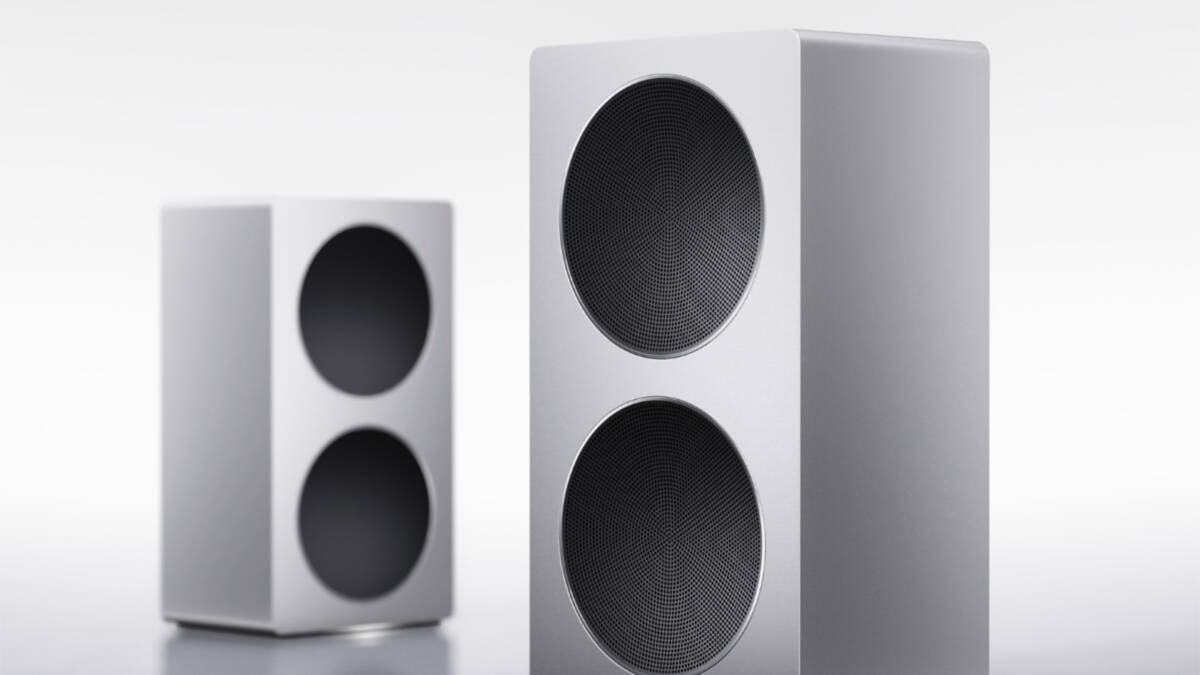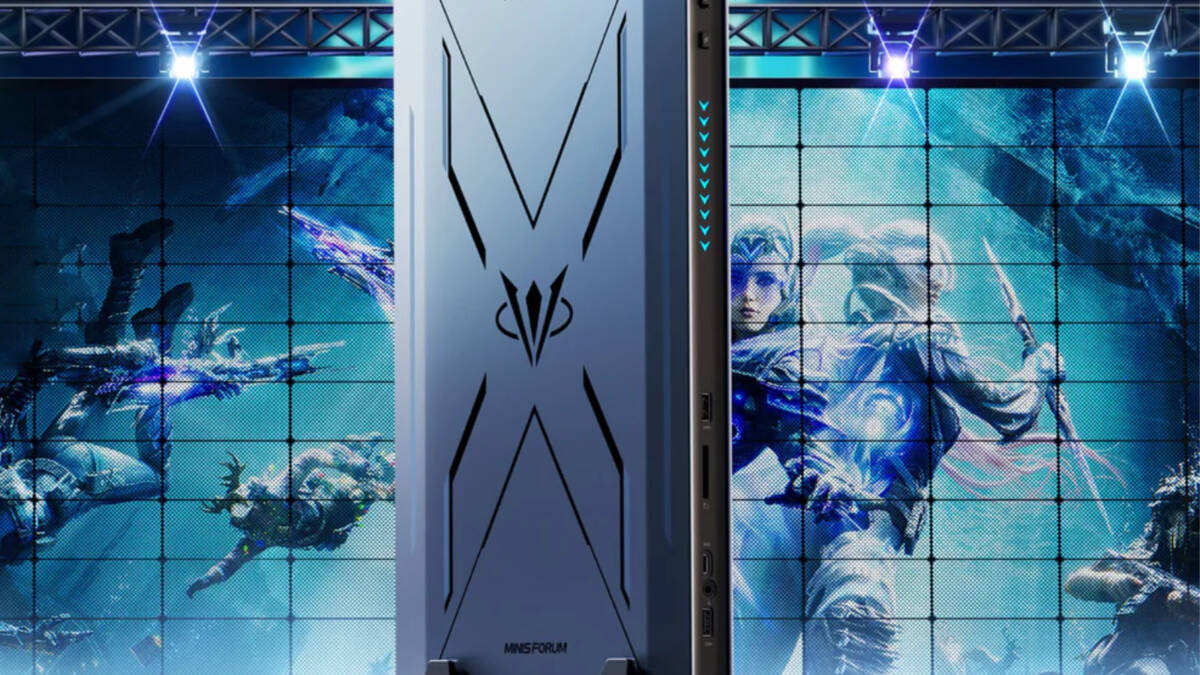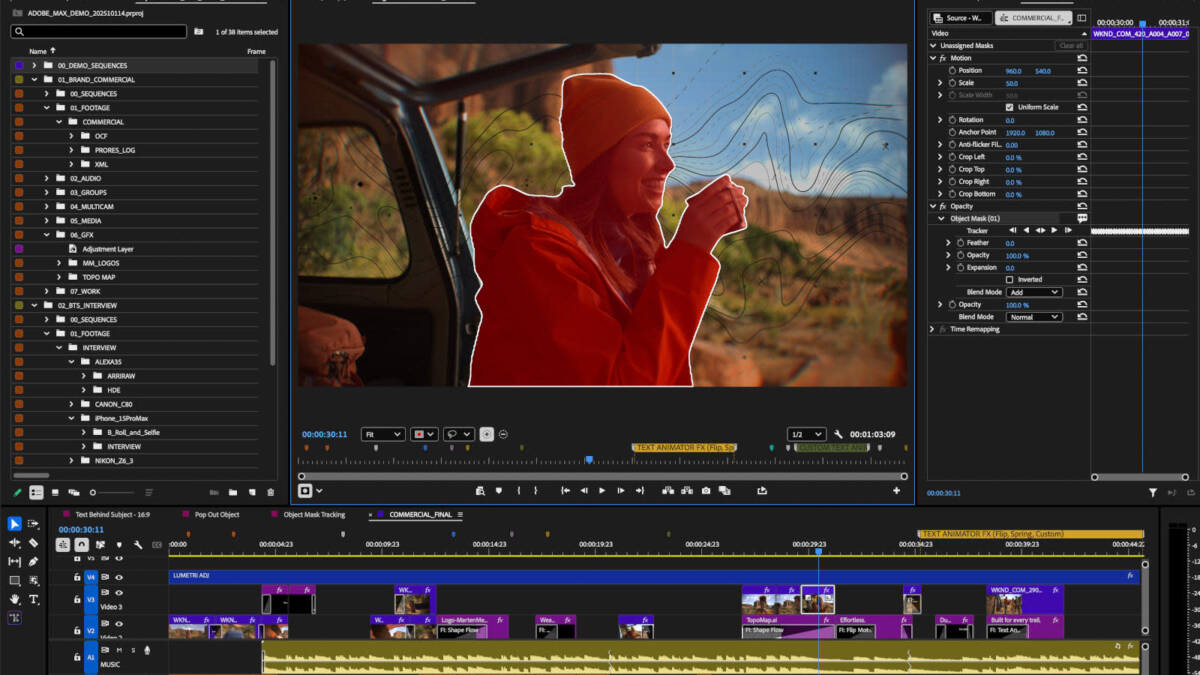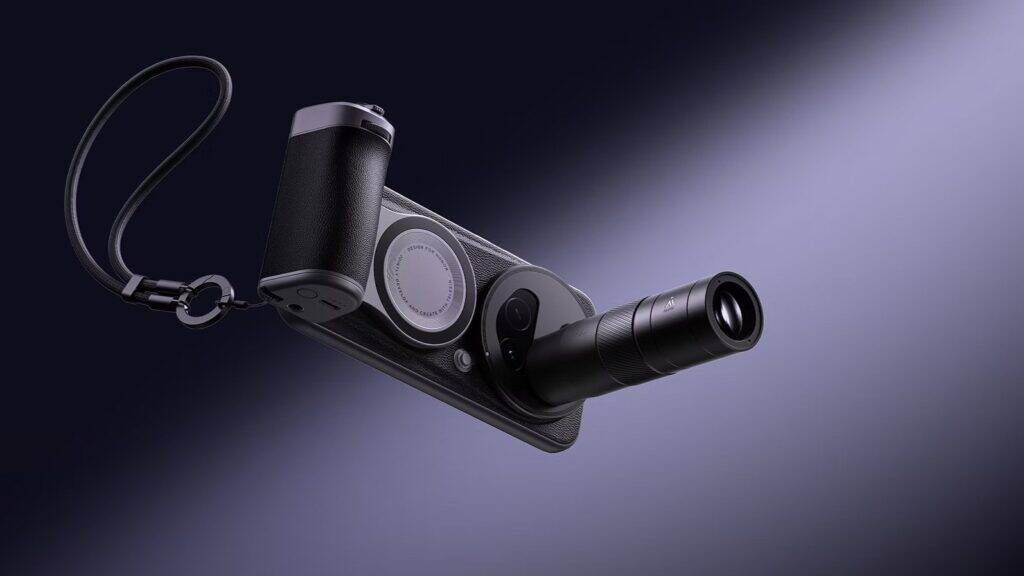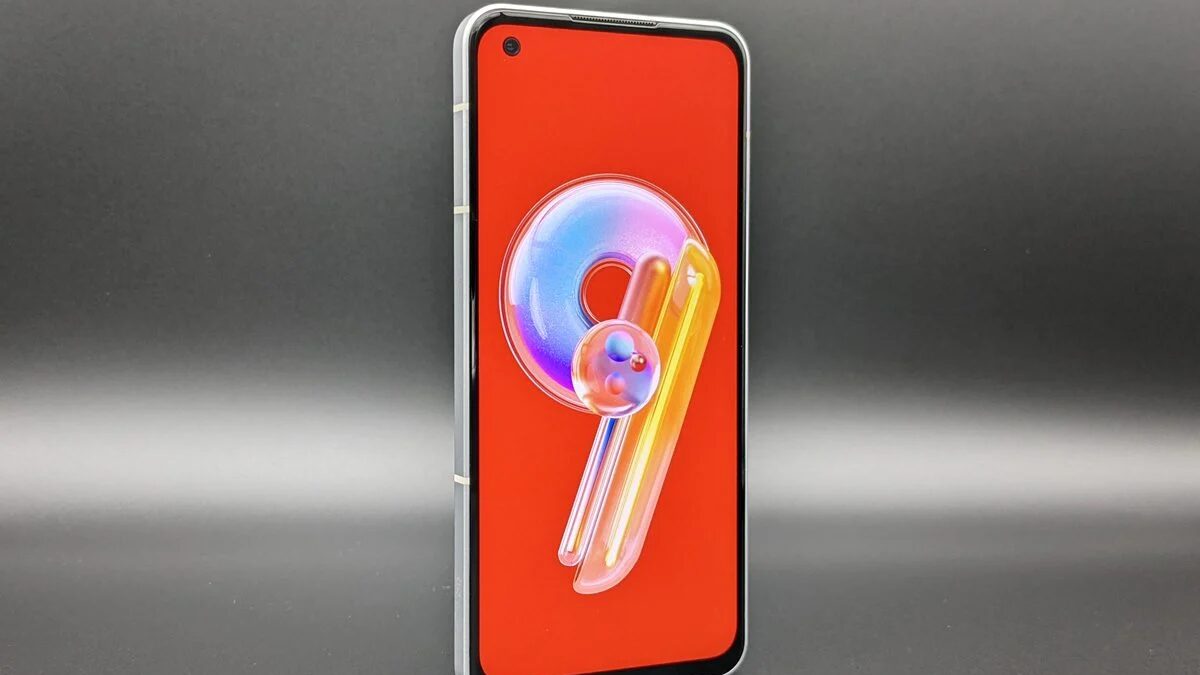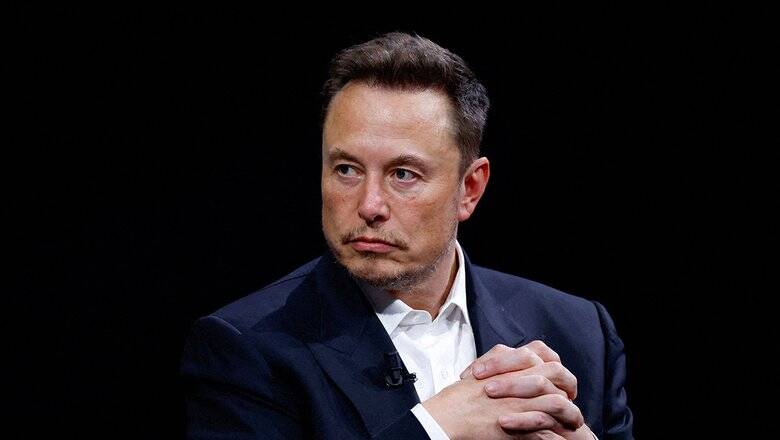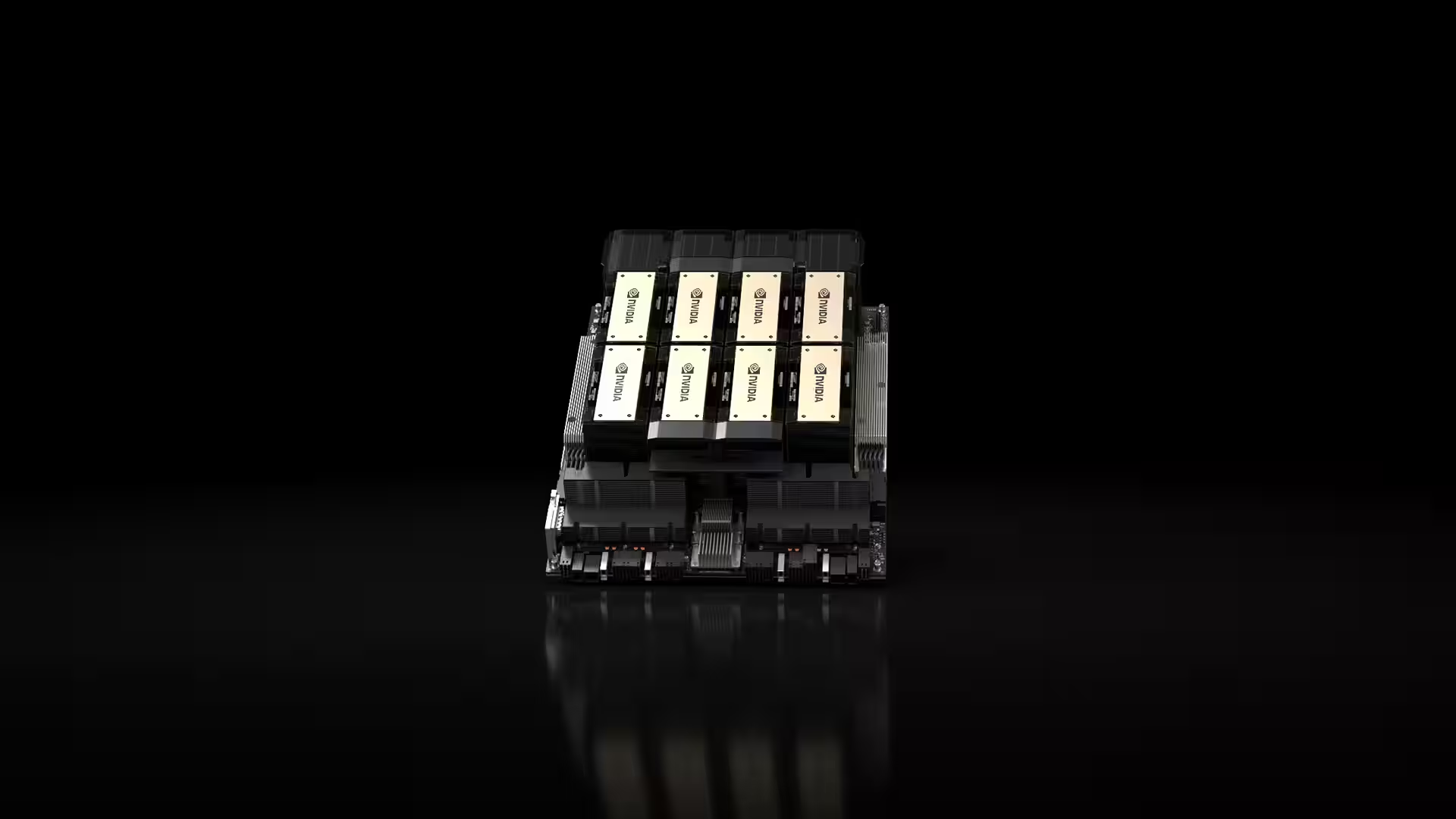Intel CEO admits defeat in AI race and loss of position in semiconductor industry
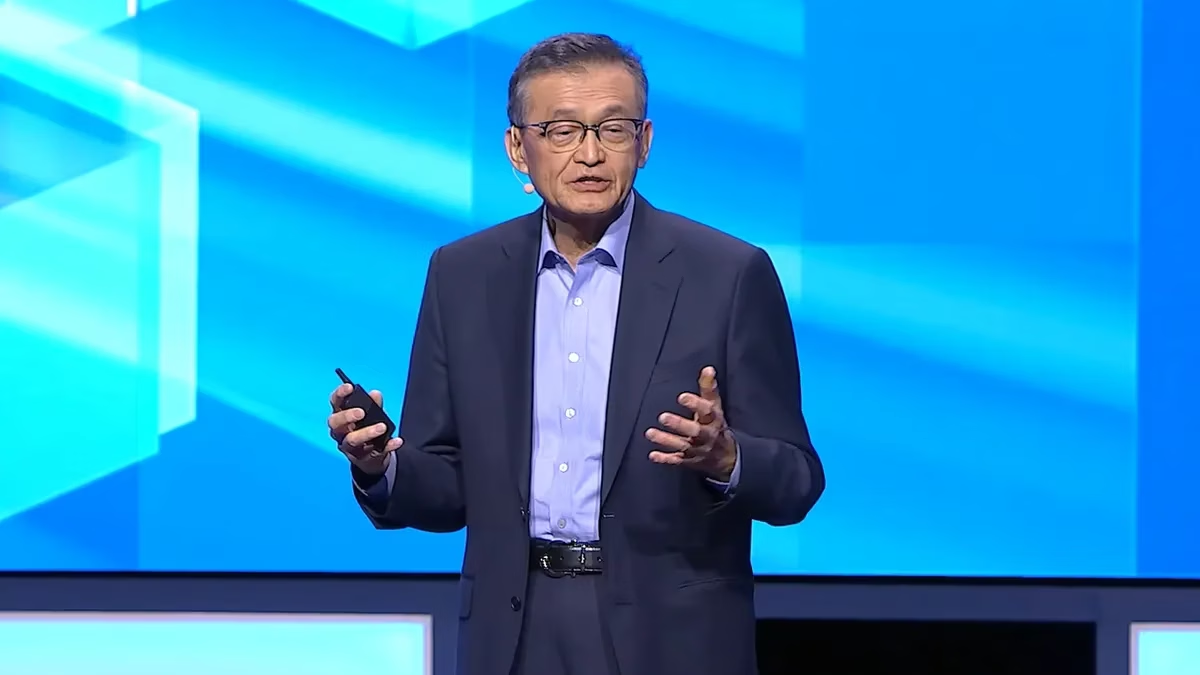
Intel CEO Lip-Bu Tan told employees that the company is no longer among the top 10 semiconductor makers and will no longer be able to catch up with leaders in artificial intelligence. The admissions came amid widespread layoffs and an ongoing recession.
Intel loses ground in key segments
The past few years have been Intel’s toughest in its history. An attempt to modernize the ARM-inspired big.LITTLE x86 architecture has not resulted in tangible success. Lunar Lake chips of the last generation failed to compete with AMD solutions, especially the series with larger X3D cache. In the graphics card market, the situation was even worse: Intel came out with a crude and late product that failed to challenge the dominant players.
The loss of the production contract for the flagship 18A process technology was the final point in a string of failures. All of this brings to a grim reality that Tan voiced in a leaked internal conversation with employees published by the resource OregonTech.
Internal crisis and falling behind competitors
Tan emphasized that it is now a fight for survival. Despite his assurances that Intel remains relevant because of its heritage, he acknowledged that companies such as AMD, NVIDIA, Apple, TSMC and Samsung have overtaken Intel in terms of pace of development and innovation.
Tan noted that in the past, Intel has virtually monopolized the processor market, offering minimal improvements each year and maintaining its lead. At one point, the company even considered buying NVIDIA for $20 billion. Now NVIDIA’s capitalization is more than $4 trillion.
Missed opportunities and missteps in strategy
Intel has long ignored AMD as a serious competitor, but that changed dramatically with the release of the Ryzen architecture. Today, more and more users are choosing AMD-based systems. AMD supplies chips for the Xbox Series and PlayStation 5 game consoles, as well as portable devices like the Steam Deck and Rog Ally X.
Intel’s Ryzen architecture has long been ignored as a serious competitor, but with the release of Ryzen, more and more users are choosing AMD-powered systems.
While AMD has been actively partnering with TSMC and utilizing advanced process technologies, Intel has continued to rely on its own manufacturing facilities. This decision became a disincentive. As a result, starting in 2023, the company began outsourcing production of the graphics blocks of its Meteor Lake chips to TSMC. TSMC now makes about 30% of Intel’s components – including the Lunar Lake processing unit.
Mass layoffs and strategy review
Intel is making global staff cuts to cut costs amid record R&D spending and a $16 billion loss in the third quarter of last year. Tan said the company’s recovery must be a “marathon distance,” with a change in corporate culture and greater flexibility to respond to changes in the industry.
Intel said the company’s recovery must be a “marathon distance,” with a change in corporate culture and greater flexibility to respond to changes in the industry.
The company is now looking to learn from AMD and NVIDIA, which are acting faster, more aggressively and more efficiently. A new phase of the technology race was set in motion with the launch of ChatGPT, after which AI became a major driving force in the industry. NVIDIA now controls nearly the entire data center market, another missed opportunity for Intel.
Refocusing on edge AI and autonomous systems
Intel plans to focus on the edge AI segment, that is, local processing on devices rather than in the cloud. Tan also highlighted a promising direction – agent-based AI, where systems are able to make decisions without constant human involvement.
Intel plans to focus on the edge AI segment, i.e. local data processing on devices rather than in the cloud.
He expressed hope that the newly recruited key talent will help change Intel’s development vector. What’s more, he announced new hires: “We have a few more people coming on board soon. Stay tuned,” Tan said.
One thing is clear today: Intel can no longer compete directly with AI leaders. But the company still has a chance to reshape itself and find its place in the new reality.
The Intel CEO admits defeat in AI race and loss of position in semiconductor industry was first published on ITZine.ru.

